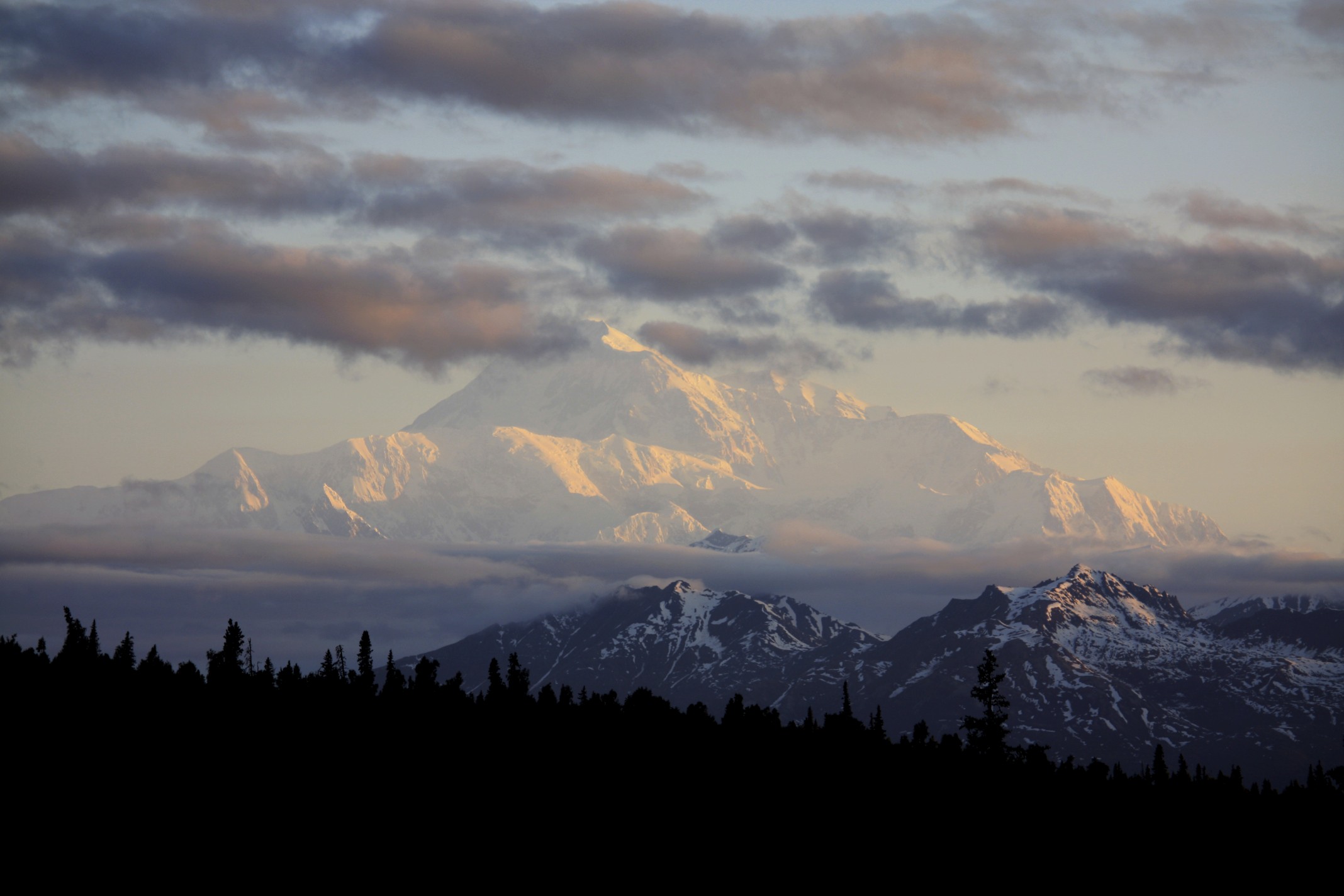
I felt frustrated with the elements as I had to paddle with one arm for nearly 3/4 of the way back as the wind also conspired to turn my kayak away from the shore to which I needed to arrive. I wondered if I fell in, would I have the strength to swim to the shore? I was at that edge between life and death….and that mystery led me to think about God, Neptune and Mother Nature in ways that were not positive. Perhaps it is our tumbles from frozen simple states into chaotic vaporous states that are a primary source of our beliefs and experiences of the divine, of powers beyond us humans? Do these beliefs, in turn, lead us to second-order learning and slow, thoughtful reasons—or do these beliefs enable us to escape into some state of primitive (habitual fast) thinking. In our frozen state, do we yearn for a simple, bounded pathway that is created and maintained by some divine being. Do we want our world to look like the childhood toy that enabled us to roll balls unfailingly from top to bottom.
In a previous essay (Fish and Bergquist, 2022), we distinguished between puzzles that have simple answers and are readily managed, and problems that are multi-dimensional, complex and not easily understood or managed. While kayaking on the river we found that a puzzle (which way to paddle today) became a problem (how far do we go before we turn back, the tide seems strong). IN our first essay, we also distinguished between problems (with one goal and one viable solution) and dilemmas (with two or more desirable goals and multiple solutions). I faced a dilemma: do I stay with my friend or paddle my heart out. Can I stop or will that pull me back to point I won’t make it back to our destination? I stopped looking for my friend. I risked turning over if I turned my kayak around to look for him.
We also considered the shift from dilemma to mystery in our first essay. Mysteries are those conditions (both positive and negative) that are not in our control—and ultimately are not comprehensible and are felt deep within our soul. In my case, the mystery was stark: I wonder not only if my friend is OK but also if I was being unfair to paddle on like this. Has he drowned? Should I just go to the shore, walk to my car and go pick him up? It turned out that my friend had stopped momentarily to take some photos, leaving him a half-mile behind me and out-of-site for the entire trip back. We usually talk during these outings. Mysteries have a way of demanding silence—as does a recognition that distal planning was absent. No challenging questions were asked and slow analytic, pre-departure thinking was subordinated to our fast-thinking delight at the prospects of once again getting on the water for a day of pure delight.
Turbulent Complexity: our turbulent water metaphor will likely help us produce some second-order learning and encourage us to do some distal planning in the future. In reflecting on the challenging kayak trip, we see the impacts of the Turbulence and Contradiction aspects of VUCA-Plus and complex systems. The harrowing experience of this trip adds a level of dynamism that perhaps the ball-in-valley cannot. In the end, the static, warped plane resides more in the world of complicated, yet introduces us to the world of the complex (Miller and Page, 2007) —through oscillation and emergent pathways. It is necessary to gain understanding of complex systems, yet insufficient to demonstrate the full impact of dynamic, complex systems in human organizations and experiences.









